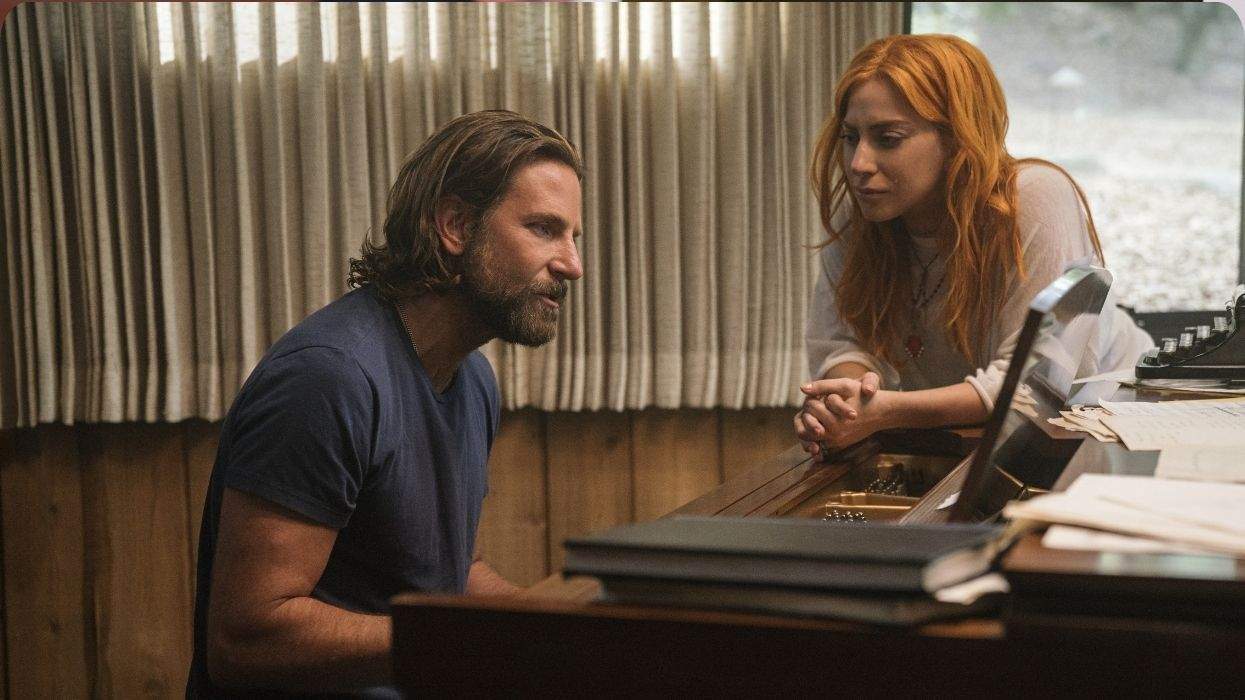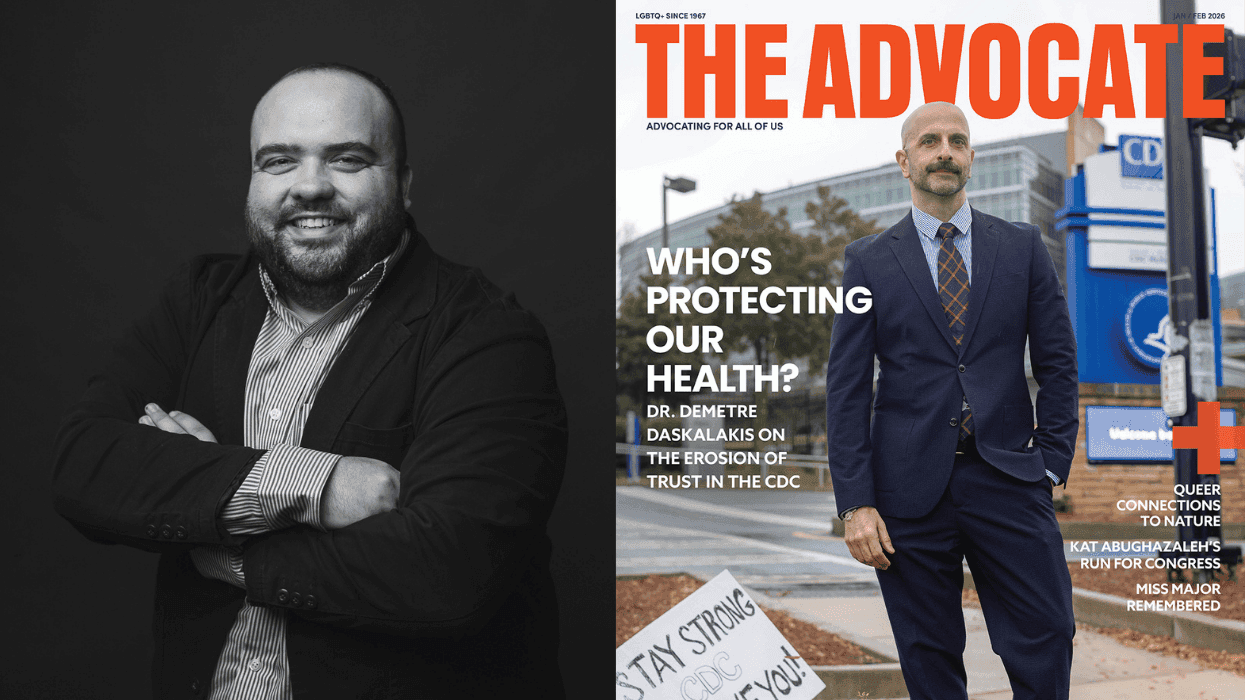Ozomatli is more than a genre-mashing dance band with a history and passion for activism. The seven-member fusion group's latest album, Fire Away, features the most controversial song in the band's 15-year history -- a track called "Gay Vatos in Love," which vocalist Raul Pacheco says is much more than an "anthem" for gays and lesbians. The song touches on California's Proposition 8 and the bid for marriage equality as well as the 2008 slaying of transgender teen Angie Zapata. Pacheco, who performs lead vocals on the song, speaks with The Advocate to discuss its importance to the group.
The Advocate: What inspired the band to write and record "Gay Vatos in Love"?
Raul Pacheco: Asdru [Sierra, Ozomatli's lead vocalist and trumpeter] had been working on a film in which he was playing a gay gangster. Asdru had written some music for it -- it was a throwaway song and it wasn't making it into the movie. All he had was the chorus -- "gay vatos in love." Our producer said, "It's so interesting and unique. Could you write a song about this?" We all sat down to see if we could write a song that was not a joke that fit into our particular style that was fun and was still natural for us in terms of how to play it and carry a message. After Prop. 8 was passed, it was important for us to present it in a way that people knew that we were taking a stand on this particular subject. We have a tendency to touch on subjects that have a political bent, that have an agenda to them, but in a way that isn't hitting people over the head. For us, it created a lot of discussion to find out what our feelings are about gay and lesbian issues. It was easy for us to say that we supported the rights of gays and lesbians and what they're dealing with, especially right now, but the song made us see how we relate to people in the gay and lesbian community.
What's the response been to the song?
Overall, it's positive. It was interesting for us to learn how to play it live in terms of how to really engage the audience. It was bizarre at times when we could see some people be uncomfortable. It was important for us to play it, and play it with our hearts. We want to challenge ourselves, our audience, and our communities. It's one thing to preach to the choir, and I think it's really important to preach to the edge of it where maybe people disagree with you. It says a lot about our own culture and the sense of machismo. In a sense, it's really different here than in a place like Mexico, where in certain ways, [being gay] is more accepted.
It was important to us that this wasn't something that we thought about -- it wasn't "let's write a gay and lesbian anthem" -- it just happened naturally, which is really much better. It came from a place in our hearts that's pure, that had no agenda. To me, it's in the vein of our best music and it's a really good song and I think we're able to touch on issues with each particular line in the song. That's what was really important about this -- the lyrics -- and how to present these little scenarios that have to deal with a lot of the pain that we saw people were having to deal with, that we know people have to deal with. We can put that in context of many different things. It's not just a gay and lesbian issue, it's a humanity issue. We get challenged like that with our relationships with women, with our relationships with gay and lesbian people, with people of different races and cultures, and how to continually have a broader, more humane perspective.
How did you connect with the L.A.-based nonprofit Honor PAC to provide images of LGBT couples included in the video?
We had done a fund-raiser with Honor PAC, so we already had a relationship. When they heard the music, they were really inspired and they asked us to participate. The fact that the song has a deeper meaning and helps promote gay and lesbian rights, we're totally down for that. For us, it's been a learning process, a really beautiful learning process. I'm the one who sings the lead vocals on that song, and I'm really happy when I sing it. I've become more and more proud of that song and very emotional about it in a very good way. It's not just a party track. We're definitely proud of the song.
Watch Ozomatli play and discuss "Gay Vatos in Love" below.















Charlie Kirk DID say stoning gay people was the 'perfect law' — and these other heinous quotes
These are some of his worst comments about LGBTQ+ people made by Charlie Kirk.